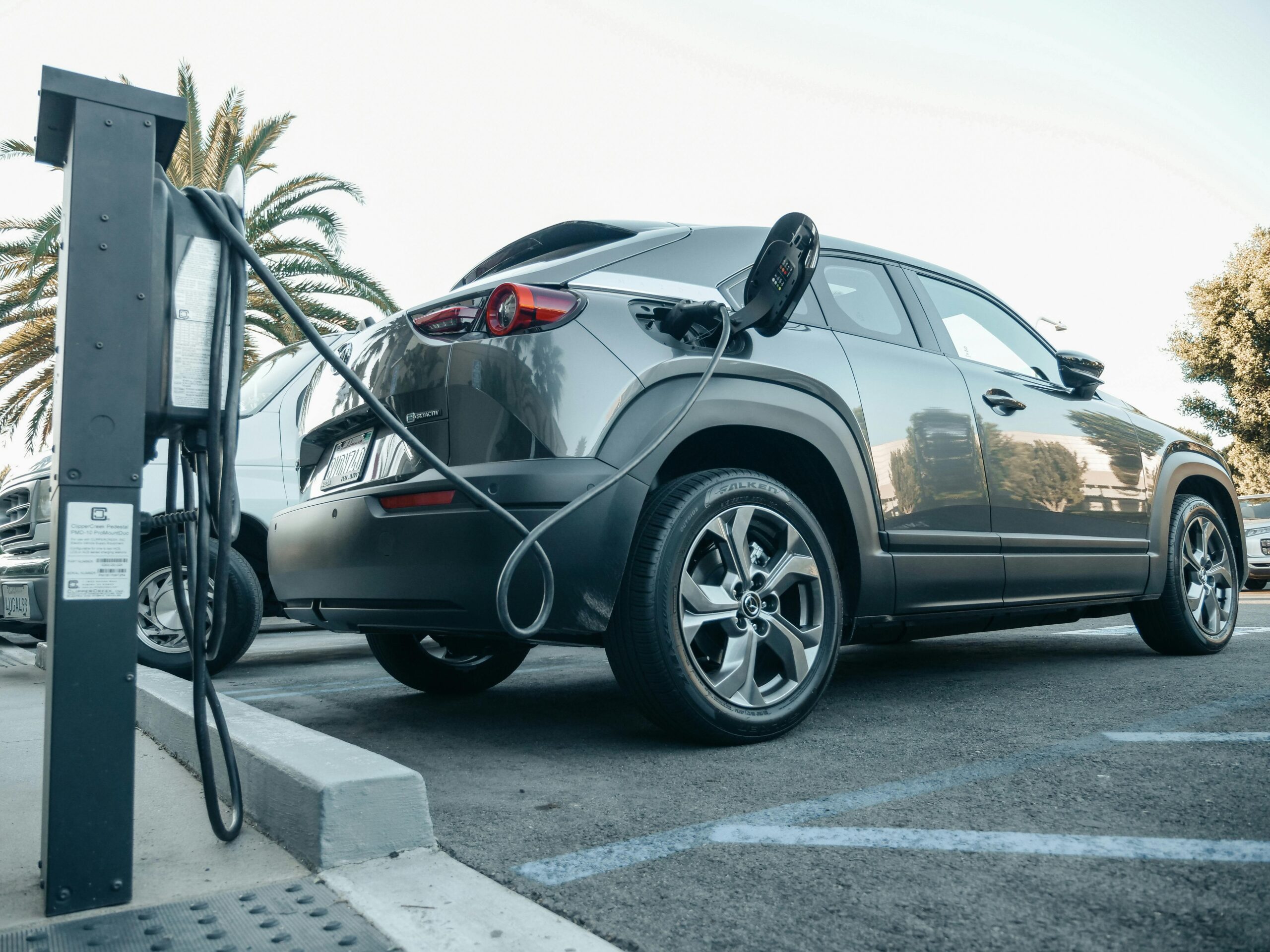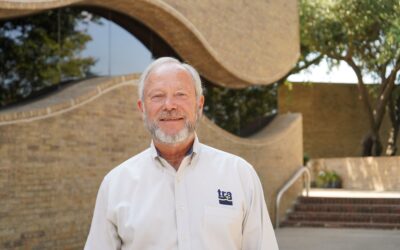The North Central Texas Council of Governments (NCTCOG) will distribute $75 million across two programs to transition vehicles to zero-emission alternatives and build electric vehicle (EV) charging infrastructure.
The organization anticipates announcing a Call for Projects for the $60 million North Texas Zero Emissions Vehicles (NTxZEV) Project on Oct. 24. Applications for the $15 million EV charging infrastructure program are due by Oct. 31.
The NTxZEV Project will provide recipients with funding to replace existing emitting vocational vehicles with zero-emission alternatives, including battery-electric or hydrogen fuel cell electric vehicles. Eligible applicants include public or private fleets. To qualify, the vehicles being replaced must:
- Be a Class 6 or 7 non-zero-emission vehicle weighing between 19,501 to 33,000 pounds.
- Run on non-zero-emission fuels, including propane, natural gas, gasoline or diesel.
- Be operational.
- Have operated for at least 7,000 miles per year over the last two years before replacement.
- Be scrapped if it is a 2010 or older model.
If the applicant does not own any 2010 or older diesel vehicle, they can instead choose to scrap any emitting vehicle regardless of model or fuel type. They may also combine multiple vehicles as part of the application to meet mileage requirements.
The vehicles replacing the older emitting models must also abide by a set of qualifications. These replacement vehicles must:
- Be of comparable class and weight to the original vehicles.
- Run on battery-electric or hydrogen fuel cells.
- Have been manufactured in 2023 or later.
- Have a similar form or function to the replaced vehicle.
- Be procured after signing an agreement with NCTCOG.
Applicants may also use their awards to deploy and install EV charging infrastructure and hydrogen refueling stations.
The separate $15 million opportunity to expand EV charging infrastructure covers a 16-county area. NCTCOG anticipates building up to 100 EV charging ports on public property. Entities that qualify for the program include:
- Local governments.
- Transit agencies.
- School districts.
- Public college of university campuses.
All projects must include both Level 2 and Direct Current Fast Chargers to be viable for funding. Awards will be able to cover up to 880% of initial deployment costs and up to 20% of operations and maintenance costs.
Applicants have no limit on how many sites they may submit for potential funding. All projects must be located on public property and accessible to the community. Public-facing sites take priority, including community centers, parks, libraries, multi-use service centers, transit stations and sports stadiums.
Photo by Kindel Media from Pexels







